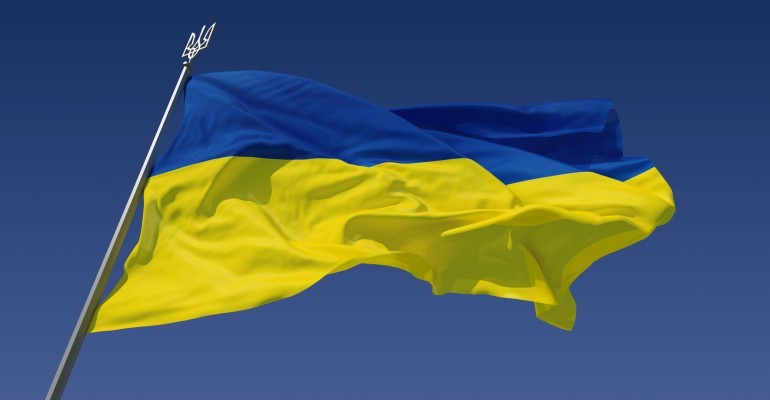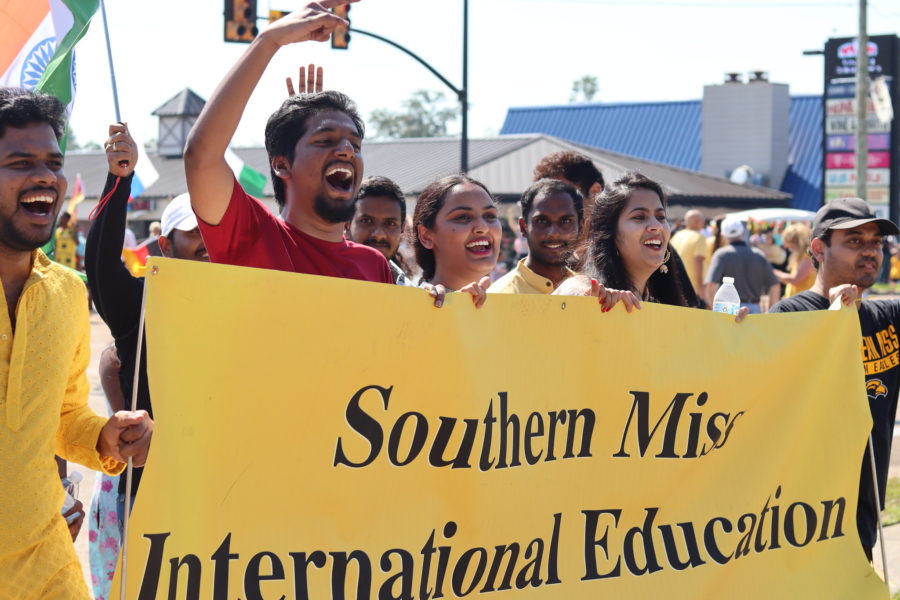Since April 2014, the number of fatalities in the Ukraine-Russian conflict has surpassed 6,000, according to the United Nations. However, a cease-fire deal has reportedly been struck according to U.S.
Secretary of State John Kerry after a meeting with Russian Foreign Minister Sergei Lavrov. Kerry said that he is hopeful about the deal and believes that it could be implemented in a matter of days.
Since Russia’s annexation of the Crimean Province of Ukraine, the U.S. has made a significant effort to put pressure on Russia Russian President Vladimir Putin according to Robert Pauly, tenured associate professor of International Policy and Development at the University of Southern Mississippi Gulf Park Campus and co-editor of White House Studies peer-reviewed academic journal.
“When assessed over time, the past year in particular, I think the Barack Obama administration has done a reasonably good job managing the crisis in Ukraine, with its performance improving slowly over time,” Pauly said.
The Obama Administration has been successful at persuading its NATO allies in western Europe, especially Germany, to impose its own sanctions on Russia, despite the fact that these countries are much more reliant on Russia’s natural gas according to Pauly.
“(The U.S.) has made clear to Moscow, that the U.S. stands strong behind Central Eastern European and Baltic members of NATO by positioning more military assets and holding expanded military assets and holding expanded military training exercises in those states,” Pauly said.
While it seems that the U.S. is playing a large part in resolving the conflict, many believe that solution lies within eastern Europe, where much more is at stake.
“I suspect that the U.S. will continue to push the Europeans to take initiative on the issue.”, said professor Joseph Weinberg, who teaches American foreign policy and political science at Southern Miss.
“One could argue that the resolution to this dispute is far more important to the future of the E.U. influence in Eastern Europe than to the United States.”
Much of the problem for Ukrainian nationalist is the military might that Russia can provide to separatist forces. But it is doubtful that the United States will become involved militarily due to its lack of stake or proximity to the conflict.
However, there is a possibility in which if Russia become more aggressive, the U.S. could provide weapons to the Ukrainian forces.
“America’s interests in Ukraine are significantly lower than is the case for Russia, in large part because Ukraine is not a NATO member state and U.S. use of force there is simply not on the table,” Pauly said.
“I do think the Obama administration is close to providing Ukraine with anti-tank missiles to counter advances by Russian-backed rebel forces in Ukraine, particularly if Moscow’s provocations continue there. Further, if Russia were ever to attack a NATO member state, such as one of the Baltic Republics, the American response would be markedly stronger.”
It is a matter of days before it is clear if the cease-fire agreement will be upheld. In the meantime, Ukrainian President Petro Poroshenko has appealed to the United Nations and the European Union to have international peacekeepers stationed in East Ukraine, an idea that Moscow strongly opposes.





























